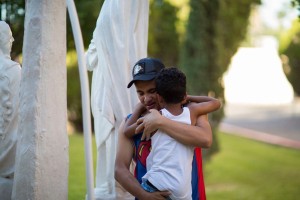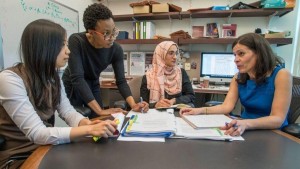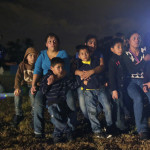
U.S. District Judge Dolly M. Gee. Photo credit: Wikipedia
The Trump administration is barred by federal court order from enacting new rules aimed at detaining migrant children and their parents for longer periods of time.
U.S. District Judge Dolly M. Gee issued the permanent injunction on Sept. 27 in the Central District of California, The Washington Post reports.
The Justice Department had argued for withdrawal from a 1997 federal consent decree setting basic standards for detaining migrant children.
“The decree includes a 20-day limit for holding children in detention facilities that have not been licensed by the states for the purpose of caring for minors,” The Post reports.
Federal regulators issued new regulations in August seeking to terminate the settlement and remove the 20-day limit, The Post reports.


